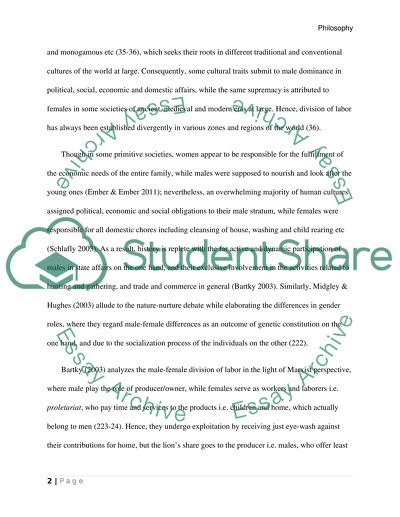Cite this document
(“The Universality of Roles and Responsibilities Essay”, n.d.)
The Universality of Roles and Responsibilities Essay. Retrieved from https://studentshare.org/philosophy/1463167-this-is-argumentative-writing
The Universality of Roles and Responsibilities Essay. Retrieved from https://studentshare.org/philosophy/1463167-this-is-argumentative-writing
(The Universality of Roles and Responsibilities Essay)
The Universality of Roles and Responsibilities Essay. https://studentshare.org/philosophy/1463167-this-is-argumentative-writing.
The Universality of Roles and Responsibilities Essay. https://studentshare.org/philosophy/1463167-this-is-argumentative-writing.
“The Universality of Roles and Responsibilities Essay”, n.d. https://studentshare.org/philosophy/1463167-this-is-argumentative-writing.


